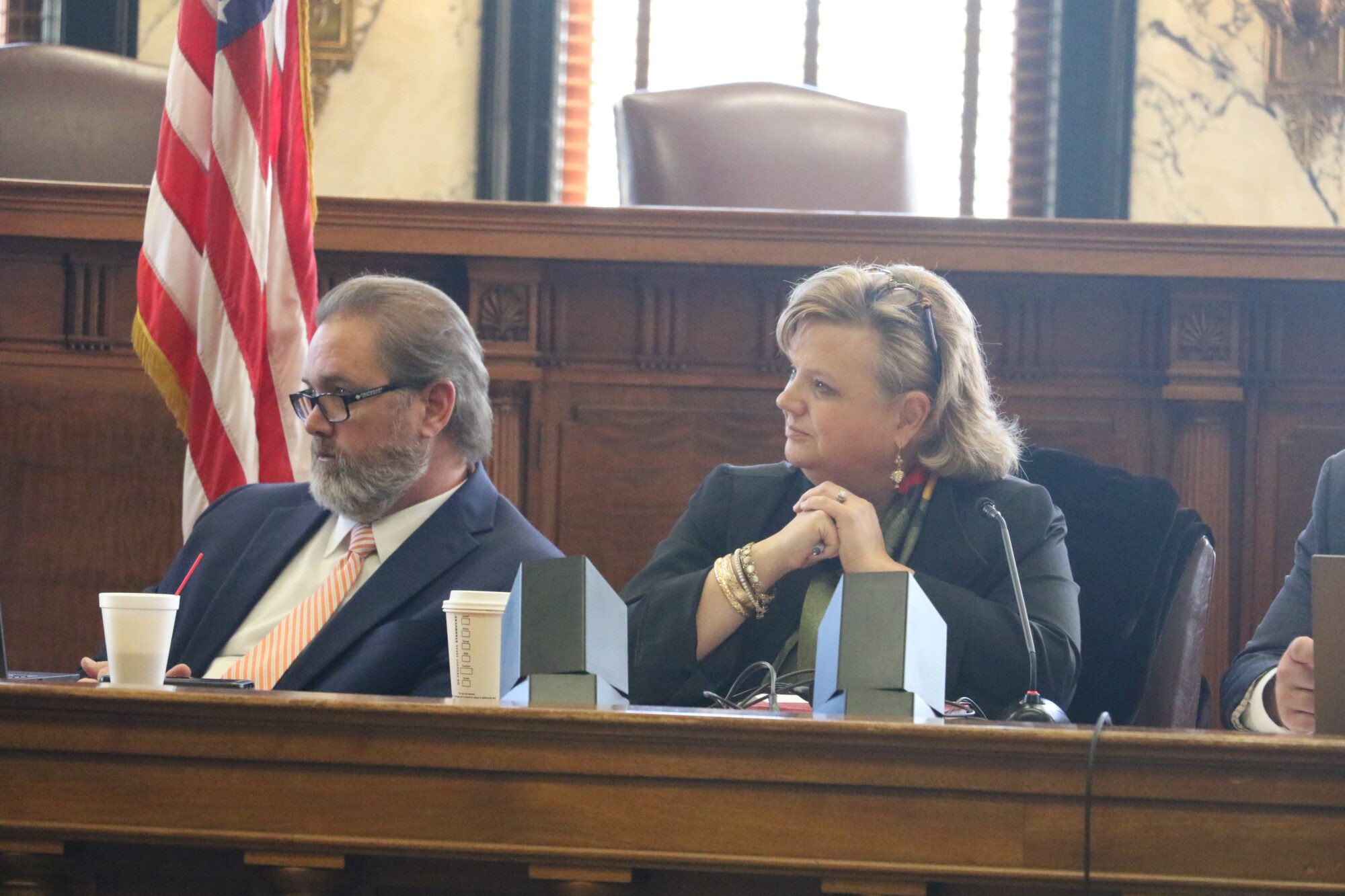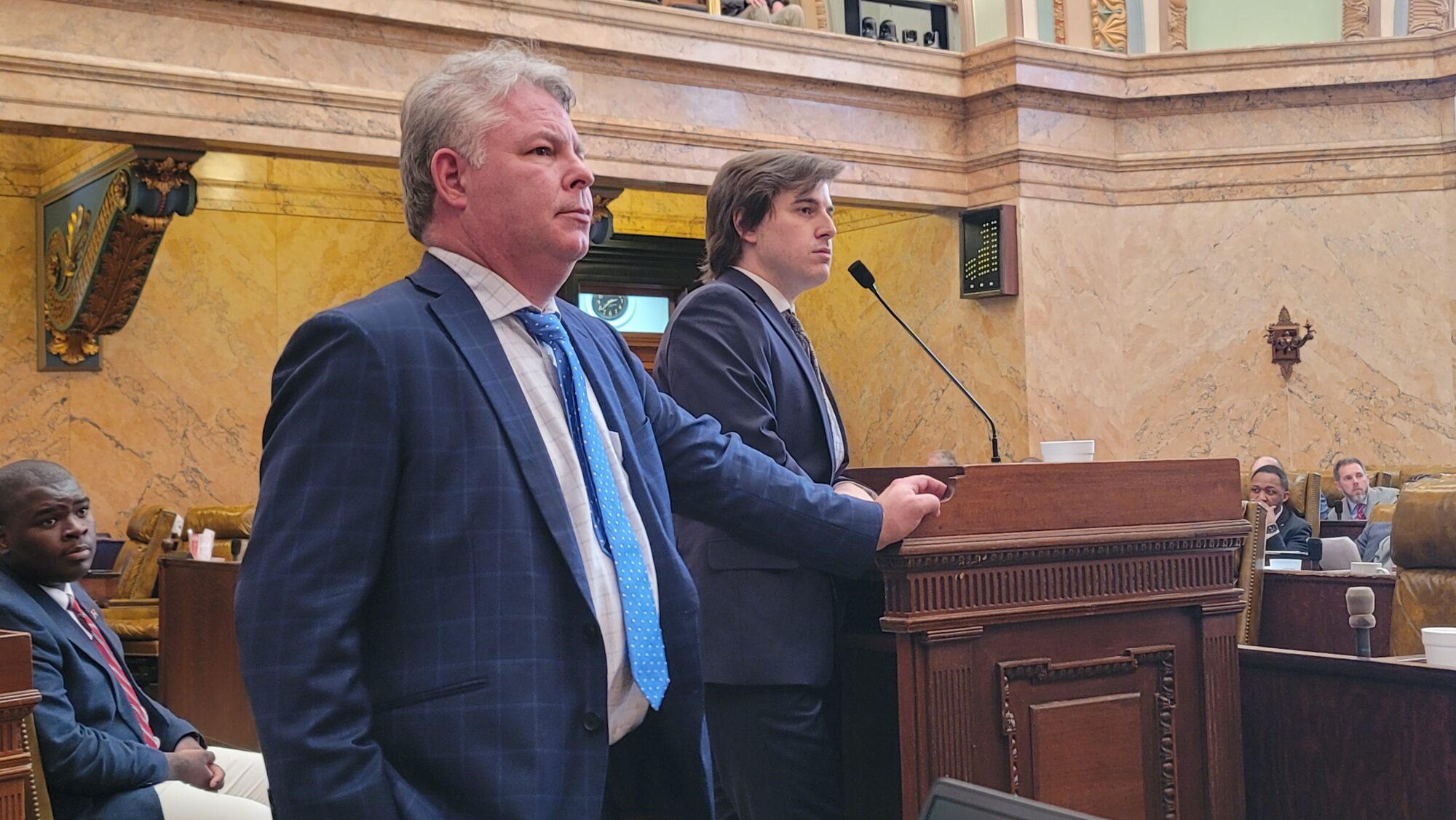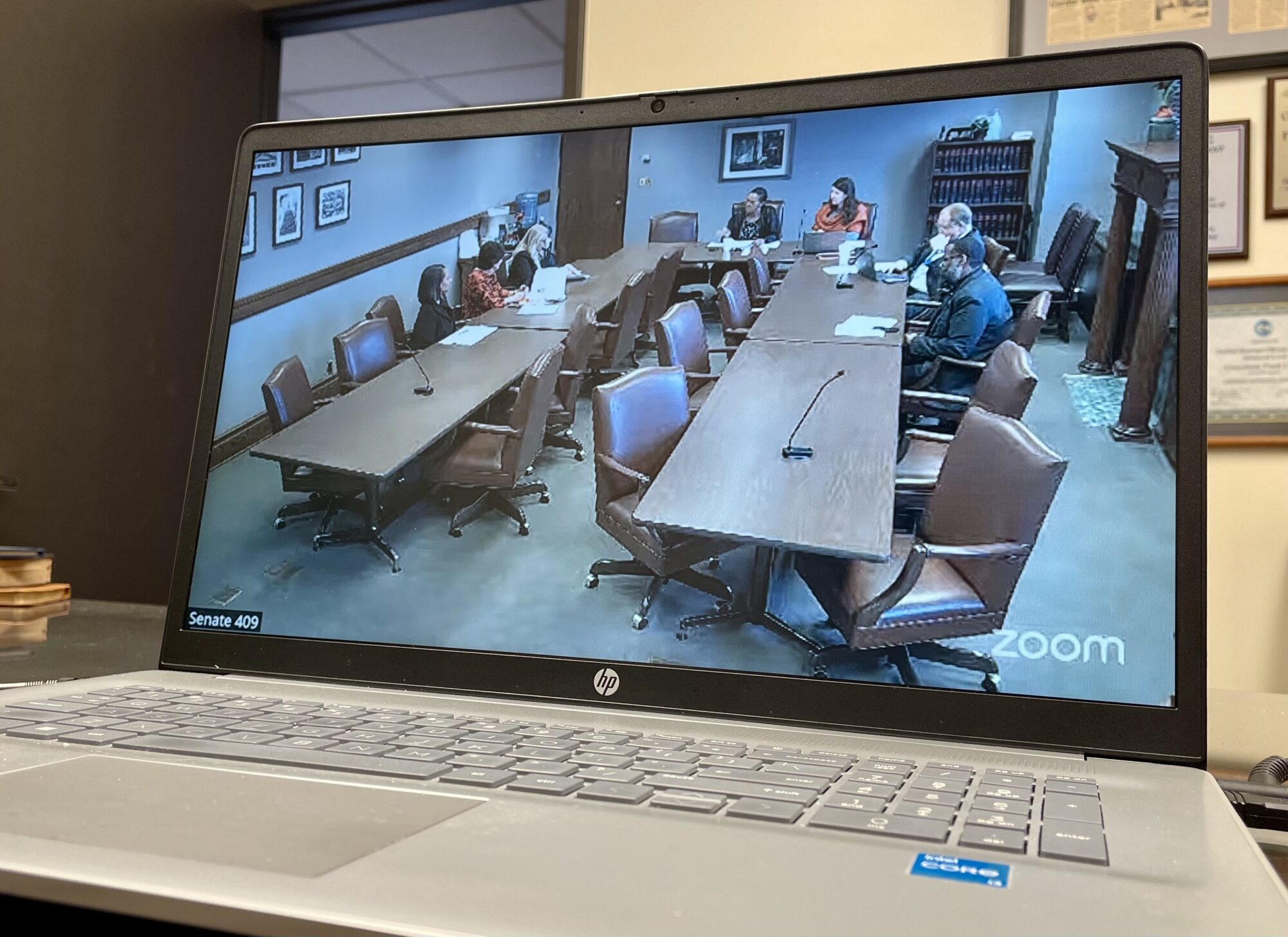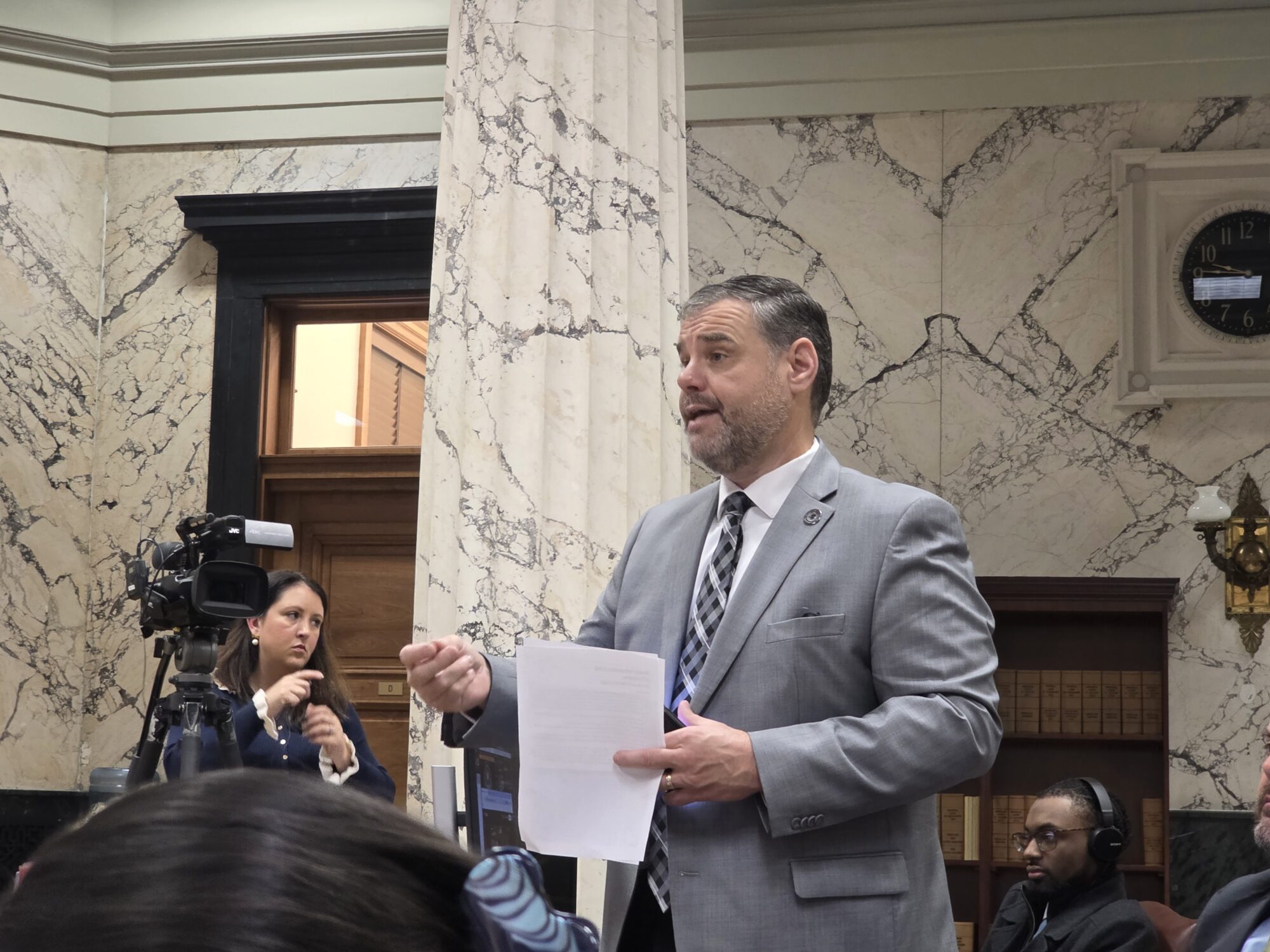
- One bill could amend the Mississippi Public Records Act to protect law enforcement from being doxxed online while another would keep economic development project details confidential.
Potential changes to the Mississippi Public Records Act could become law if two pieces of legislation making their way through the Capitol this session gain approval from the opposite chamber.
SB 2406, authored by State Senator Jeremy England (R), would amend the Public Records Act to protect state and federal law enforcement officers, judges and district attorneys from having their private information doxxed.

Senator England told Magnolia Tribune on Wednesday that the need for the bill was brought to his attention by a federal law enforcement officer.
Other states, such as Georgia and Alabama, have made similar changes to their public records laws in recent years.
“It is essentially an anti-doxxing bill, trying to prevent officers from having personal information like addresses from being easily accessible and shared – like on social media – with intent to harass,” England said.
Senator England said such personal information would still be available on tax records and in local offices, “just redacted online.”
The Senate bill passed in the chamber by a vote of 52-0 before being sent to the House Accountability, Efficiency, Transparency where it received a positive vote.
Another piece of legislation looking to amend the Public Records Act is HB 1641, authored by State Rep. Trey Lamar (R).

The House bill would exempt a public body’s records – state or local – containing client information concerning economic development projects, a frequent request made by potential investors and job creators when discussing locating or expanding in the state.
Rep. Lamar, speaking with Magnolia Tribune, said the legislation is needed to protect the details of the economic development projects being pursued by the Mississippi Development Authority.
“Most investors, job creators looking at our state require non-disclosure as part of the negotiating process until the final deal is announced,” Rep. Lamar explained. “During the negotiations, much of this information is shared with the local governments involved and this bill would clarify that those details remain confidential whether at the state or local level.”
Lamar’s bill passed the House by a 118-1 vote and was referred to the Senate Accountability, Efficiency, Transparency Committee where it, too, received a positive vote.
Both bills to amend the Public Records Act now await action by the opposite chamber.











